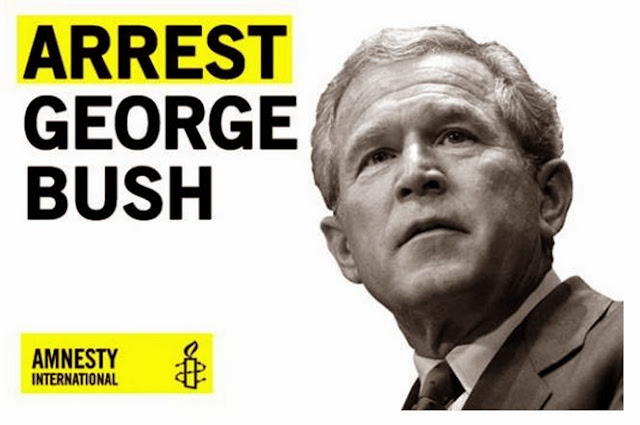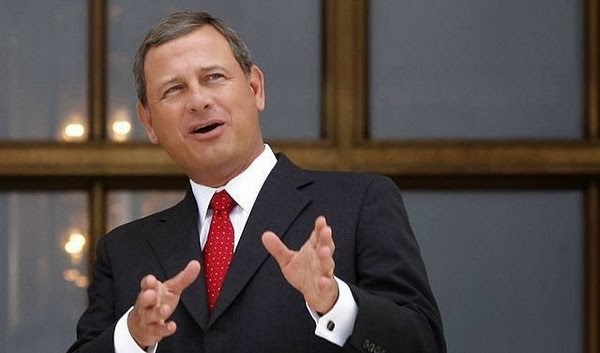Neal A. Maxwell Chair in Political Theory, Public Policy, and Public Service, University of Utah
Despite military crisis in
Syria and fiscal terrorism in the United States, Edward Snowden continues to
haunt American and global politics. He has exposed and unnerved the American
national security establishment, its partner in international crime, Great
Britain, and disrupted their planetary surveillance networks, which are far
more extensive and menacing than previously realized, or even imagined. The NSA
(assisted by GCHQ) not only aims to surveil, literally, the entire world with
and without its cooperation; it also regulates and shapes the production and
circulation of encryption standards and encryption software to facilitate its
limitless eavesdropping. Snowden’s actions took officials by such surprise that
Director of National Intelligence James Clapper lied to Congress, with
impunity, about the scope of NSA skullduggery in an effort to limit the
“damage” of Snowden’s revelations. He, of course, has Barack Obama’s full
support.
 |
| At right: James Clapper |
Snowden’s status is much
in dispute. Most Americans approve of his efforts on behalf of democratic transparency,to inform the American public about what is done in its name, and consider hima whistleblower. The government, unsurprisingly, deems him a criminal, disloyal, a traitor who
aids and abets the enemy. The latter charge is especially critical to Obama Administration
efforts to criminalize investigative journalism and buttress the inter-national
security state. This kind of effort is already paying off, as Glenn Greenwald has documented.
Mainstream media mimic the official state line, having been effectively cowed
and co-opted over many decades by insider access and standing. NBC’s DavidGregory is perhaps exhibit number one.
Jeffrey Toobin could be considered exhibit number two.
Edward Snowden should be thought
of as a democratic citizen with the courage of his moral and political
convictions. He belongs in the distinguished democratic dissident tradition
exemplified by Chelsea Manning and Daniel Ellsberg and their heroic efforts to
disclose American perfidy in Iraq and Vietnam. He is paying a terrible price
for brave political decisions made for the good of democracy, rendering him a
political prisoner (as is Manning).
One of the principal
objections to Snowden’s whistle blowing is that he allegedly caused irreparable
harm to the United States, endangering national security and placing lives at
risk. In the wake of charges against (then) Bradley Manning that included
aiding and abetting the enemy, this comes as no surprise. The common phrase
heard early on regarding Manning was that he has much blood on his hands. Officials
later retreated from such claims, but the work they do in slandering whistle blowers
and whistle blowing remains.
Invoking the specter of
death has long been the default response of the state to exposés of its secrets.
During the Cold War instances of Soviet espionage involving American agents (Aldrich
Ames, Robert Hanssen, etc.) were followed by extravagant claims of
unprecedented damage inflicted against the country’s national security
interests, which, it was always said, would take a great deal of time to unravel
and catalogue. Ironically, they were so enormous that they defied any
specificity. People were simply supposed to believe government assessments without
any evidentiary showing. There never were any such showings, of course, and the
claims could not be taken seriously, though they would be made over and over
again. Somehow, the republic never fell despite all the repeated damage cited.
Only the Soviet Union collapsed—before the disbelieving eyes of American
intelligence professionals.
What’s more, if American
national security, aiding and abetting the enemy, or responsibility for lives
gratuitously lost were really of concern in Snowden’s case, (now former)
President George Bush would have been tried and convicted long ago for invading
Iraq, which contributed to hatred of the United States across the globe, and
gave al Qaeda its greatest recruiting tool and boost. President Barack Obama likewise
would find himself in the dock for his global drone campaign that has murdered
hundreds of innocent women and children and created untold mortal enemies in
the process. These presidents have killed and murdered with impunity and have
real blood on their hands, making the United States less safe in the process.
What really matters to the
Obama Administration and other governments is Snowden’s audacity—that he would
take it upon himself, as a citizen, to force a conversation on not just
transparency but also on democracy itself, a conversation that people like
Obama say they favor but do nearly everything possible to avoid, postpone,
subvert, or derail. Democracies do not value citizens such as Snowden; they
fear, police, intimidate, and do whatever it takes to control, contain,
domesticate, and discourage them. (Julian Assange remains the target of secret
grand jury proceedings in Virginia.) Rather, citizens in democracies must know
their place in the political order of things and stick to it. This is why
Vladimir Putin initially insisted that Snowden curtail activities “against” the
United States before considering asylum. Putin did not want Russians to view
Snowden as a model. Think of this as the infantilization of citizenship. It
could be seen in the streets of New York City during the 2004 Republican
National Convention; it could be seen in the brutal police reaction nationwide
to Occupy Wall Street in 2011 and 2012.
Yet few things are as
democratic as the people themselves not just defending but taking and
exercising their rights as citizens. This may, on occasion, entail problematic
consequences. In the United States, at the founding, Americans vandalized the
homes of royal tax collectors to defeat enforcement of revenue policies. In the
19th century, a group of Boston citizens refused to let Anthony
Burns be forcibly returned to slavery by a United States Marshal, who was
killed in the process. Frederick Douglass defended the killing of the marshal, a
kidnapper, in the name of self-defense and the right to life. These actions are
not automatically condemned because they involve violence and blood. They are
considered part and parcel of America’s patriotic tradition. They involve
citizens, aware of the potential consequences, taking actions on behalf of a
new democratic order yet to come. You can hear the infantilization at work when
it is asked, rhetorically of course: Who is Edward Snowden to take such action
on his own? The answer is: who does he have to be? He’s a democratic citizen.














